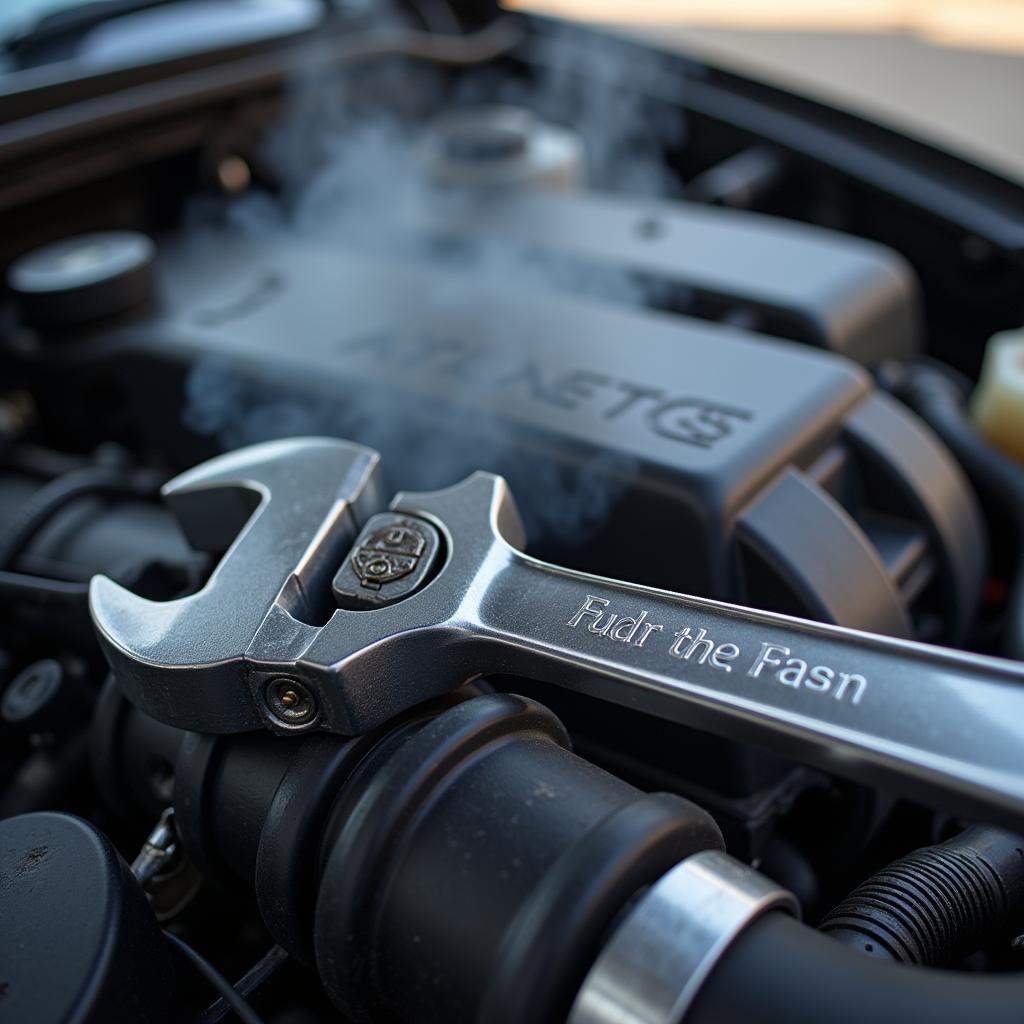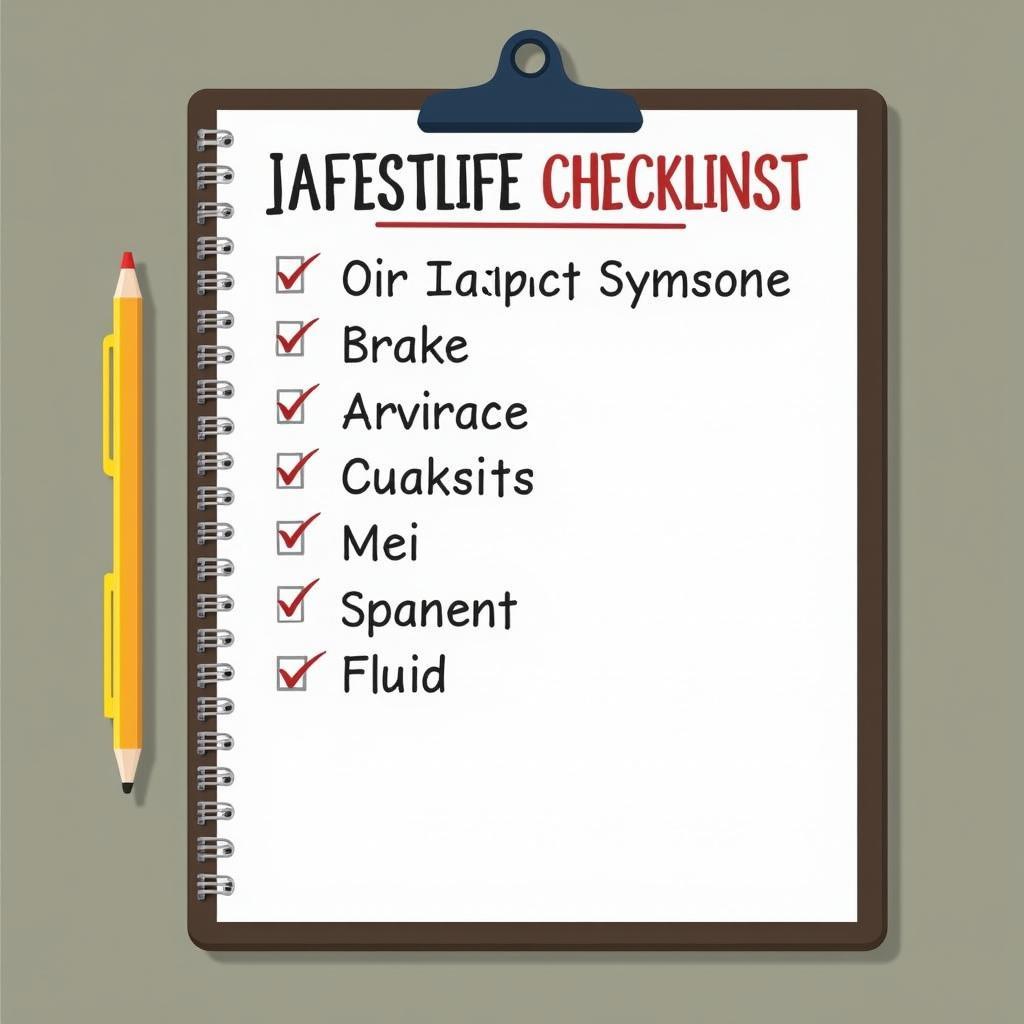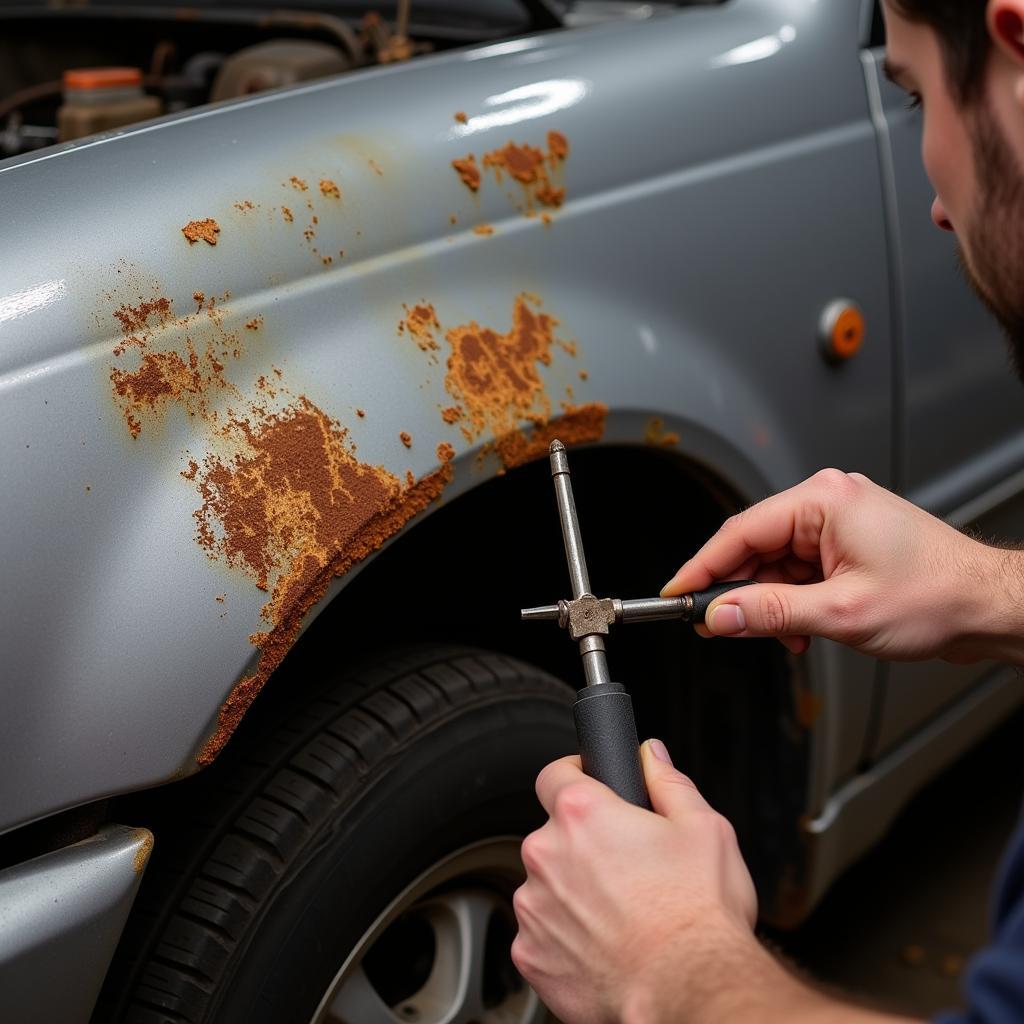Have you ever been stranded on the side of the road with a car that just wouldn’t start? Maybe you’ve experienced the frustration of a check engine light that keeps coming on, or you’re just not sure how to properly maintain your vehicle. We all know that car problems can be stressful, but they don’t have to be. This comprehensive guide will help you navigate the world of automotive maintenance and repair, so you can keep your car running smoothly for years to come.
Why Car Maintenance is Crucial:
Regular car maintenance is essential for ensuring your vehicle’s longevity and safety. By staying on top of routine checks and repairs, you can:
- Prevent costly repairs: Catching small problems early can prevent them from becoming major breakdowns later on.
- Extend the lifespan of your car: Proper maintenance can help your car last longer and retain its value.
- Improve fuel efficiency: A well-maintained car will burn less fuel.
- Increase safety: Regular checks on brakes, tires, lights, and other essential systems help ensure your vehicle is operating safely.
Common Automotive Problems:
Engine Problems:
- Check Engine Light: This light can indicate a variety of issues, from a loose gas cap to a serious engine malfunction. It’s crucial to have the code read by a mechanic to identify the problem.
- Engine Misfire: This can cause a rough idle, loss of power, and increased fuel consumption.
- Engine Overheating: This can be caused by a variety of issues, including a faulty radiator, thermostat, or water pump.
Transmission Problems:
- Slipping Transmission: This can indicate a problem with the transmission fluid, clutch plates, or other components.
- Rough Shifting: A rough or delayed shift can be a sign of a problem with the transmission, shift solenoids, or other parts.
 Car Engine Problem
Car Engine Problem
Electrical Problems:
- Dead Battery: A dead battery can be caused by a variety of factors, including extreme temperatures, a faulty alternator, or parasitic drain.
- Faulty Alternator: This can prevent the battery from charging properly.
- Short Circuit: This can cause electrical components to malfunction or even overheat and catch fire.
Other Common Problems:
- Brake Problems: Worn or faulty brake pads, rotors, or calipers can lead to reduced braking power.
- Tire Problems: Worn tires, low tire pressure, or tire punctures can all affect your vehicle’s safety and handling.
- Suspension Problems: A worn suspension can cause your car to handle poorly, bounce excessively, or make noise.
Troubleshooting Automotive Issues:
Step 1: Identify the Problem:
The first step is to determine what’s wrong with your car. Observe any unusual sounds, smells, or behaviors. Consult your owner’s manual for troubleshooting tips.
Step 2: Gather Information:
Once you’ve identified the problem, gather as much information as possible. What are the symptoms? When did they start? Has anything changed recently?
Step 3: Consult a Mechanic:
For serious issues, it’s best to consult a qualified mechanic. They can diagnose the problem and recommend a solution.
Step 4: Consider Repair Options:
Once you have a diagnosis, you can decide how to proceed. Do you want to repair the issue yourself, or do you want to take it to a mechanic? Consider your skills, time, and budget.
DIY Car Repair:
Safety First:
Always prioritize safety when working on your car. Use jack stands and proper tools, and never work under the car without a secure jack.
Essential Tools:
- Basic hand tools: wrenches, sockets, screwdrivers, pliers
- Jack and jack stands
- Torque wrench
- Multimeter
- Car repair manual
DIY Resources:
- Online Repair Guides: Many websites offer detailed instructions and diagrams for car repairs.
- YouTube Tutorials: You can find countless DIY repair videos on YouTube.
- Car Forums: Online forums are a great place to ask questions and get advice from other car enthusiasts.
“If you’re not comfortable working on your car, don’t be afraid to take it to a mechanic. It’s always better to be safe than sorry,” says John Smith, a seasoned automotive technician with over 20 years of experience.
Car SOS: Maintaining Your Vehicle:
Regular Maintenance:
- Oil Change: This is one of the most important maintenance tasks you can do for your car. Follow the recommended interval specified in your owner’s manual.
- Tire Rotation and Pressure Check: Tire pressure should be checked monthly and tires should be rotated every 5,000-7,500 miles.
- Air Filter Replacement: A clean air filter will improve fuel efficiency and engine performance.
- Brake Inspection: Have your brakes inspected regularly and replace brake pads and rotors as needed.
- Fluid Checks: Check and top off fluids like coolant, brake fluid, and transmission fluid regularly.
- Battery Check: Have your battery tested regularly to ensure it’s charging properly.
 Car Maintenance Checklist
Car Maintenance Checklist
Preventative Maintenance:
- Regular Car Washes: Washing your car regularly helps prevent corrosion and damage from dirt and grime.
- Waxing Your Car: Waxing helps protect the paint from scratches and UV damage.
- Storing Your Car Properly: If you’re not driving your car regularly, it’s important to store it properly. This includes keeping the gas tank full, disconnecting the battery, and covering the car.
“Preventative maintenance is key to keeping your car running smoothly and avoiding costly repairs,” says Sarah Jones, a certified automotive technician and owner of a popular local repair shop.
Finding a Reliable Mechanic:
- Ask for Referrals: Talk to friends, family, and neighbors for recommendations.
- Read Online Reviews: Check out reviews on websites like Yelp and Google.
- Look for Certifications: Make sure the mechanic is certified by a reputable organization.
- Get a Second Opinion: If you’re unsure about a diagnosis or repair, get a second opinion from another mechanic.
Car SOS Fix: Your Partner in Automotive Care:
At AutoTipPro, we understand the importance of keeping your car in top condition. We offer a wide range of services, from routine maintenance to complex repairs, to help you keep your car running smoothly for years to come. Our team of certified technicians has the knowledge and experience to diagnose and repair any issue, big or small.
Contact us today for a free consultation!
Phone: +1 (641) 206-8880
Office: 500 N St Mary’s St, San Antonio, TX 78205, United States
FAQ:
- How often should I get my car serviced? The frequency of your car’s service depends on the make and model. It’s best to follow the recommendations in your owner’s manual.
- What is the best way to find a reliable mechanic? Ask for referrals, read online reviews, and look for certifications.
- How can I avoid car problems? Regular maintenance, driving habits, and preventative measures can help you avoid car problems.
- What are the signs of a car problem? Unusual noises, smells, or behaviors can all indicate a potential issue.
- How can I extend the lifespan of my car? Regular maintenance, driving carefully, and using high-quality fluids can all help your car last longer.





Leave a Reply